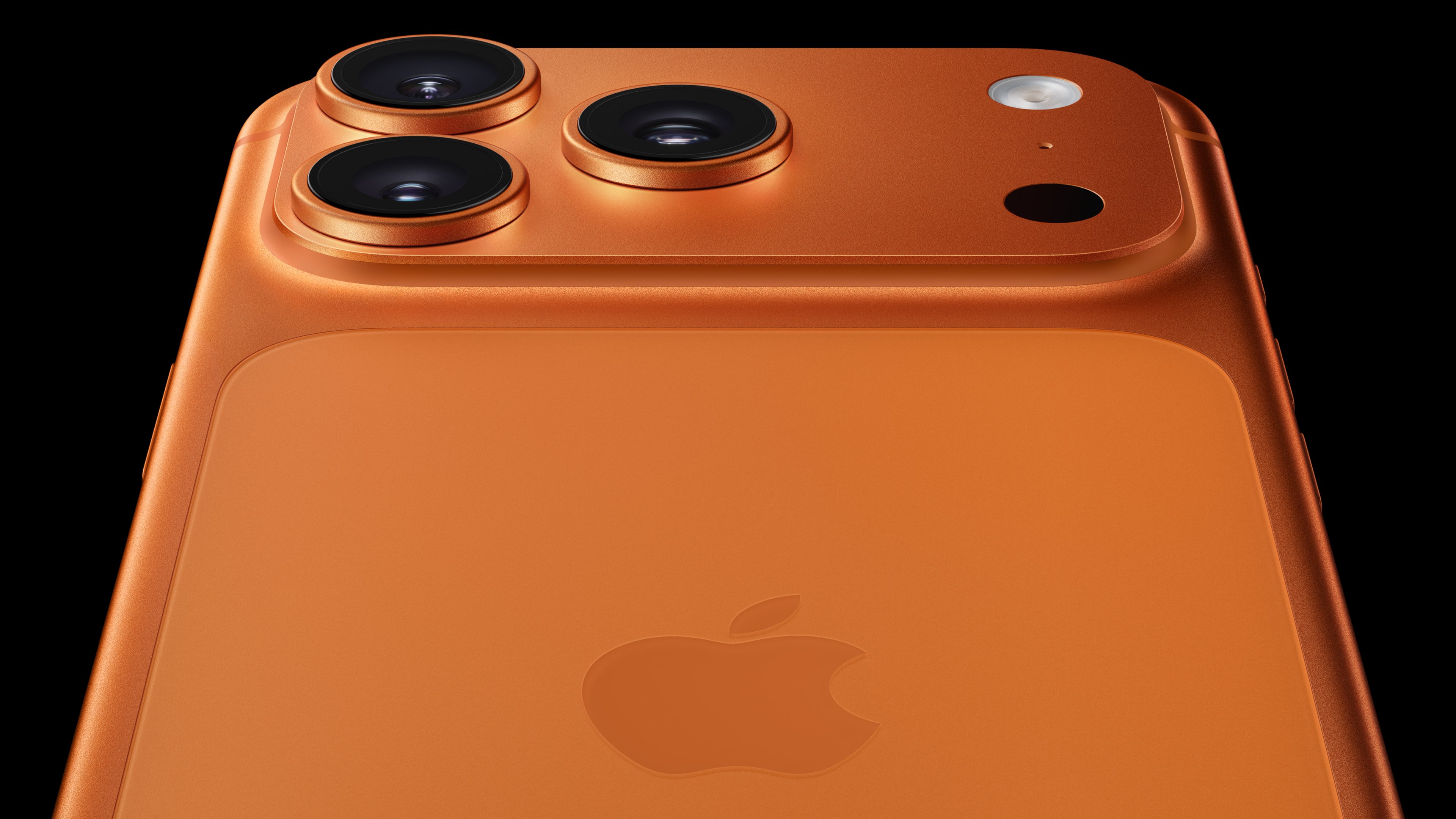Few business luminaries of our time have built the kind of resume that Steve Jobs did in his 56 years on Earth. He co-founded Apple (AAPL 1.61%), sparked revolutions in personal and mobile computing, nurtured Pixar into a household name before selling it to Disney (DIS 0.23%), and transformed the music industry, among many other accomplishments.
No one would argue that Jobs needed to do more, but there's a way that he could have done more that would have been remarkably easy: have coffee with a stranger for an hour.
We'll never know
That's exactly what his successor, Tim Cook, did. Last month, he donated a coffee date to CharityBuzz, which would auction off the meet-and-greet and send the proceeds to the Robert F. Kennedy Center for Justice and Human Rights. The "estimated value" of the date was pegged at $50,000. Two days later, bidding had reached more than half a million dollars.
After the initial jump, bidding slowed down until the auction closed last week. The final price tag was $610,000 after 86 bids were placed, more than double the highest bids on 118 other auctions at the time pledging proceeds to the RFK Center. The move shows that Cook is serious about addressing human-rights criticisms surrounding his company's globalized supply chain.
That's a substantial sum that will do a lot of good in the name of human rights, and all it costs Cook is an hour of his time spent at Apple HQ. At most, Cook may have to cover the cup o' joe, since the unnamed winner is forking over $610,000 in addition to related travel expenses.
One can't help wondering how much a similar rendezvous would fetch if Steve Jobs was the guest of honor. We'll never know, but it could have easily raised millions of dollars for worthy causes.
Pick a cause, any cause
By offering a tiny nugget of his time, Jobs could have theoretically donated to a wide range of philanthropic goals, including both professional and personal ones. For instance, near the end of Jobs' life, he became a staunch advocate for organ donation reform in California. He helped get a bill passed that would encourage donors.
At the time, he considered the system to be an "obscure process" since people weren't actively asked if they'd like to donate. The net result was that there weren't enough donated livers in the state, and 400 Californians died the prior year just waiting for livers.
Jobs put his name on a list at a hospital in Memphis, Tenn., where he had a higher chance of getting a liver. He was fortunate enough to have the resources where he could fly across the country within the four-hour window needed to successfully transplant a healthy organ, which he did in 2009.
However, Jobs was never publicly philanthropic. On the other hand, his widow, Laurene Powell Jobs, is known to be quite philanthropic, although also not publicly. The New York Times reports that Powell Jobs has been making more public pushes recently.
Still, by donating something as simple as a coffee date, Jobs could have theoretically raised game-changing proceeds for charitable purposes.






